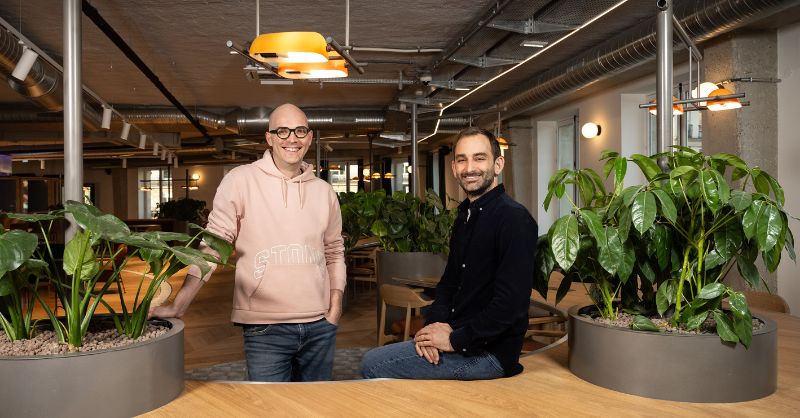Founder of OpenAI Voice Chatbot Supports PyannoteAI’s $9 Million Funding Round to Enhance AI Speech Models with Speaker Intelligence

Advancements in Voice AI: The Rise of Speaker Intelligence
Understanding Speaker Intelligence
Voice AI technology has primarily been focused on converting speech into text. While this transcription is vital, it frequently fails to address other important aspects of communication, such as the identity of the speakers, their speaking styles, and the context in which they are communicating. A groundbreaking innovation called Speaker Intelligence is addressing this gap by offering tools that accurately identify and differentiate speakers across various languages and acoustic environments.
pyannoteAI’s Role in Speaker Intelligence
Founded in 2024 by Hervé Bredin, Vincent Molina, and Juan Coria, pyannoteAI is making significant strides in the field of Speaker Intelligence. With recent seed funding amounting to $9 million, led by Crane Venture Partners and Serena, the company is poised to enhance how businesses manage and interpret voice data. The funding has also seen interest from notable investors like Julien Chaumond and Alexis Conneau.
This financial boost allows pyannoteAI to move beyond its open-source beginnings and develop enterprise-grade solutions tailored for organizations that handle significant amounts of conversational audio, requiring real-time speaker recognition.
Addressing Key Challenges in Conversational AI
One of the primary hurdles in voice AI is effectively managing spontaneous and unscripted speech. Variations in tone, accent, pace, and emotion complicate the transcription process. Traditional tools struggle here, but pyannoteAI stands out by separating different speakers with high accuracy. This process is crucial for contexts where multiple voices are present, such as meetings or customer service interactions. By accurately distinguishing who is speaking and how they are expressing themselves, organizations can glean richer insights from voice data.
Use Cases Across Various Industries
- Customer Support: Helps differentiate between agents and customer conversations.
- Media and Entertainment: Facilitates accurate dubbing and subtitling.
- Healthcare: Links voice data to specific healthcare providers or patients, enhancing record-keeping accuracy.
Rapid Adoption and Growth
The adoption of pyannoteAI technology has expanded rapidly due to its strong foundation in the open-source community. Currently, over 100,000 developers utilize its tools, with around 45 million downloads each month on platforms like HuggingFace. This widespread use highlights the increasing demand for accurate speaker recognition and has allowed the technology to develop quickly.
The company’s premium offering boosts accuracy by 20% compared to existing solutions while processing audio at twice the speed of its open-source counterpart. This significant improvement not only enhances capabilities but also makes accurate speaker diarization economically viable for businesses of varying sizes.
Enabling the Next Generation of Voice Applications
By embedding Speaker Intelligence at the heart of its offerings, pyannoteAI is opening the door to advanced voice-enabled applications. The technology can vastly enhance various sectors, including:
- Virtual Assistants: Making them more context-aware.
- Content Moderation: Offering nuanced insights into spoken interactions.
- Compliance Monitoring: Assisting organizations in meeting legal requirements effectively.
Instead of viewing voice solely as a means to transcribe text, pyannoteAI promotes an understanding of it as a multi-layered source of contextual data. Recognizing who speaks and their emotional nuances allows machines to better interpret human interactions.
A Look Ahead
With its recent funding round, pyannoteAI is well-positioned to extend its influence in industries reliant on accurate and context-aware voice data. By prioritizing Speaker Intelligence, the company is moving away from simple word recognition and towards comprehensive conversational understanding. This approach enhances the reliability of voice technologies and paves the way for future AI interactions that more closely mimic human conversations.
Hervé Bredin, co-founder of pyannoteAI, emphasized the broader potential of speech technology, stating, “Voice is more than just words.” As they shift from open-source projects to enterprise solutions, pyannoteAI aims to make speaker-aware AI as ubiquitous in business operations as speech itself. Morgane Zerath from Crane Venture Partners noted the importance of this distinction, underscoring the evolving landscape of voice technology as businesses increasingly seek to extract value from spoken data.





